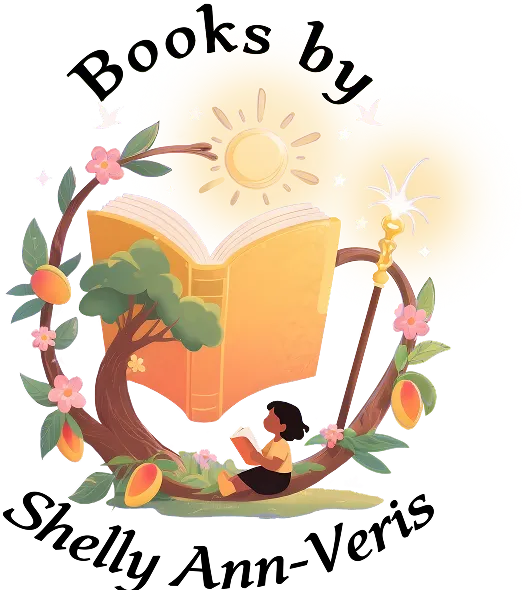There is something special about summer afternoons, particularly when you can experience the smell of ripe mangoes, the warmth of the sun on your face, and the echo of mischievous laughter. The childhood memories consist of more than memories; they educate us and remain with us longer than we are aware of. This is because when we get older, what we learn as simple things, like stealing mangoes or being caught doing something silly, are what we learn and what we hold throughout our lives.
The Thrill of the Forbidden Fruit
Let us return to those early days when mangoes were not only a fruit but a treasure. We did not have to visit a supermarket to obtain them; they were the fruit belonging to the tree in our neighbor’s compound or the ones we’d grab hanging from the leaves just beyond our reach. And, oh, the excitement of sneaking into someone else’s compound to grab a mango, thinking the taste of the forbidden fruit would somehow make the act more delicious.
The Consequences of Mischief
The mango was never the point. It was all the adventure of it – the planning, the creeping, the running to the tree, the picking of the fruit. It was rather a mischievous thing that made everything more interesting. But what then happened when you had the mango and you are now seated with your friends, chewing the sweet mango meat with lots of sweetness and satisfaction? A twinge of guilt would be the concomitant. Is it worth it, you would ask? But suppose we are caught!”
As we were enjoying this, and making confessions to each other, and feeling the warmth of the guilt, this was the first lesson: Every action will bring its consequence. When we were children, we usually did not make out that things that appeared to be innocent entertainment would be followed up by consequences. That mango may have a homeowner, and he/ she may have realized that it was missing. As a young person, you were taught that something sneaky may be quite thrilling at the time, but that usually something accompanies it, a sense of weight, a sense of responsibility and honesty.
The Power of Confession and Redemption
But don’t forget the second lesson we learned, one that we learned from how our parents or guardians responded to our small, naughty actions. Let me paint the picture: You’ve eaten that mango, and now you’re caught red-handed. Denial is not a defense. But instead of some sort of draconian punishment, your mother or father may have simply reminded you that honesty is always the best policy. Could you eat the mango? Yes, but you also learned the importance of honesty about what you did.
Mangoes, therefore, were not only a lesson in stealth; they were a lesson in confession and forgiveness. There is something very human about owning up to our wrongdoing, about apologizing, and about correcting our wrongdoing. Even when we could not pay back that mango, we learned to apologize and take responsibility. Those early lessons in vulnerability, when we confessed our small sins, were paving the way for how we would approach greater challenges in life.
The Joy of Sharing
And never forget the greatest lesson: the worth of sharing. In hindsight, what was the fuss about a handful of stolen mangoes from the neighbor’s garden? The real pleasure was when you shared your bounty with others. It was not entirely about feeding your own desires; it was about sharing the pleasure with others. You realized that pleasure, much like mangoes, is greater when shared.
Lessons of a Lifetime in Childhood
As we grow older, those things we learned from childhood, packaged in the innocence of mangoes and the naughtiness of youth, are used as stepping stones to more complicated life scenarios. Consider this: In adult life, aren’t we all still looking for little glimpses of sweetness, but not in the form of mangoes? Don’t we still have little glimpses of naughtiness when we bend the rules a little bit, and reap the consequences afterwards? The real trick is to learn how to live with the sweetness of life and the responsibility that comes with it as well. What we learned as children is not just about not getting into [mischief, it’s about living life, all the messy complexity of it, with a little bit of mischief in our hearts, but with a little bit of moral clarity as well.
Conclusion
In More Than a Limp, Shelly Veris tells a compelling tale that transcends physical appearance, and she teaches readers that courage is in strength, perseverance, and compassion.
Order your copy of More Than a Limp today and let this young monkey’s bravery inspire you to embrace your own inner strength, no matter the obstacles you encounter.

